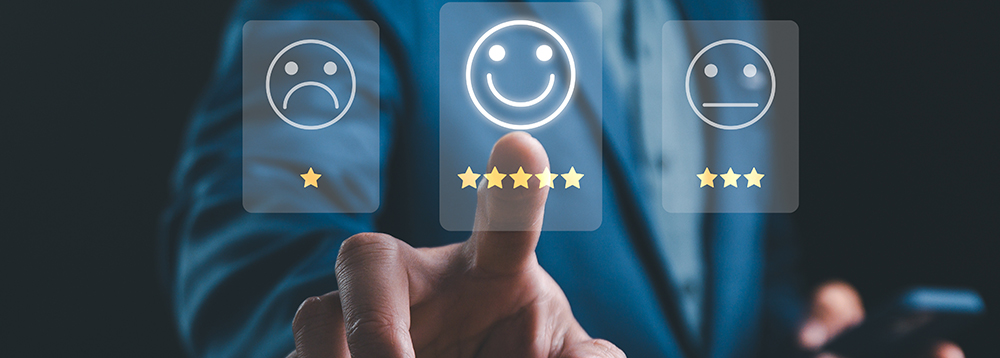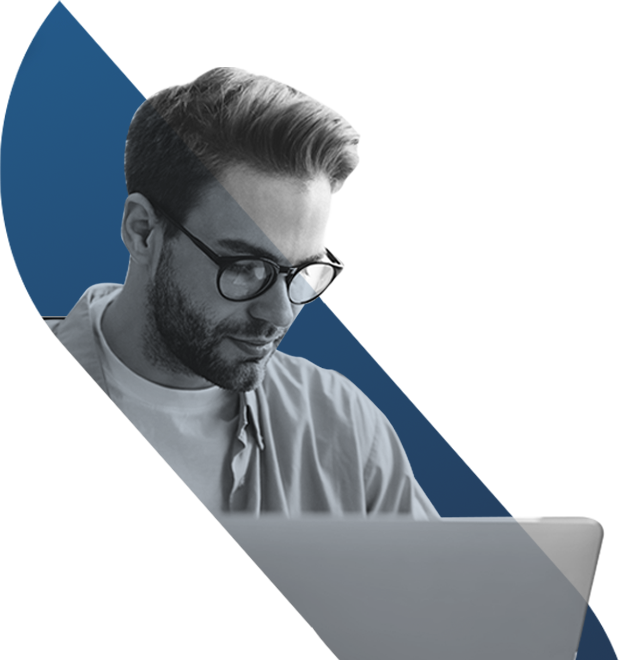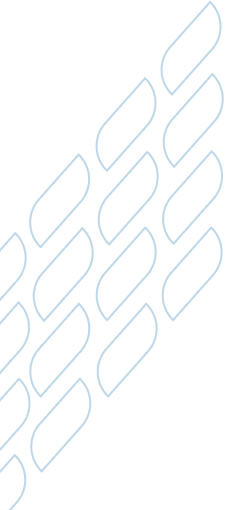
In the rapidly evolving world of business, staying ahead of the curve means not only upskilling your workforce but doing so in a way that is both efficient and effective. The limitations of traditional assessments are becoming increasingly apparent. To truly understand and enhance employee capabilities, organizations must dive deeper by assessing competencies to identify gaps and personalize the learning experience.
The Limitations of Traditional Assessments
Traditional assessments often fail to meet the demands of a dynamic and diverse workforce. They fall short in several important ways.
- One Size Fits All: Conventional assessments are usually standardized, treating all employees the same regardless of their unique skills, learning styles, and needs. This approach is not only inefficient, but they also lead to generalized results that don’t accurately reflect individual competencies.
- Static and Outdated: Traditional assessments are not designed to adapt to the rapidly changing skills landscape. As a result, they can become outdated quickly, failing to keep pace with new skills and knowledge requirements.
- Lack of Real-world Application: Traditional assessments frequently focus on rote memorization rather than assessing a learner’s ability to apply knowledge in practical, real-world scenarios. This disconnect can result in professionals who know the theory but struggle with practical application in their fields.
- Limited Feedback: Once a test is completed, learners typically receive a score or grade, with minimal feedback on their performance. This approach can hinder the learning process, as it doesn’t provide learners with insights into their strengths and weaknesses or areas that need improvement.
- Surface Level Evaluation: Traditional assessments often measure a candidate’s ability to memorize and regurgitate information rather than their understanding or ability to apply knowledge. This can result in professionals who are not fully prepared to tackle real-world challenges.
- Pressure and Anxiety: The high-stakes nature of traditional testing can lead to anxiety, which may negatively impact performance and fail to reflect a learner’s true capabilities.
Given these constraints, it’s crucial for employers to rethink their assessment strategies to foster a more comprehensive evaluation of skills and competencies.
What Employers Should Consider When Building Their Assessment Strategy
When employers develop their assessment strategies and are considering which platform to leverage, they should consider several key factors to ensure they are fostering a capable and adaptable workforce:
- Personalized Learning Paths: consider a solution that generates personalized learning paths based on the needs of each employee. This ensures that training is relevant, targeted, and efficient, reducing the likelihood of redundant or unnecessary training and saving organizations time and money.
- Pair assessments with Continuous Learning: Implement assessments that encourage ongoing improvement and that align with individual and organizational learning paths – rather than one-time evaluations.
- Continuous Relevance: Ensure that assessments are continually adapted to be current with real-world scenarios that professionals will face in their roles. By choosing an assessment partner that leverages easy AI-supported authoring, your organization will be able to ensure it is easy to continually adapt content.
- Feedback Mechanism: Make sure assessments offer detailed feedback to guide learners in their development. One of the most dangerous and pervasive issues organizations face is the presence of confidently held misinformation (CHM) within their workforce. CHM is the information employees confidently believe is correct…but isn’t. When someone is confident, they act. When they are confident and incorrect, they act incorrectly. Amplifire provides real-time feedback during assessments, challenging and correcting CHM and allowing employees to learn and adjust their understanding on the spot. This immediate reinforcement helps to solidify knowledge and address misconceptions as they arise.
Experience Personalized Learning with Amplifire
Traditional assessments and generic training programs fall short of meeting the diverse needs of today’s workforce. By leveraging Amplifire’s adaptive learning capabilities, organizations can conduct personalized learning that accurately identifies skill gaps and tailor the learning experience to each employee. This approach not only enhances individual performance but also drives overall organizational success, ensuring that training efforts are both effective and efficient.
Discover how Amplifire can revolutionize your training and development programs. Schedule a demo today to see firsthand how our platform personalizes learning, identifies skill gaps, and helps employees learn better and faster.
Conclusion
The limitations of traditional assessments are clear, and as industries evolve, so must the methods we use to evaluate and nurture talent. By adopting innovative platforms like Amplifire, employers can craft assessment strategies that not only measure knowledge but also enhance it, ensuring that professionals are truly prepared to excel in their respective fields. For training professionals, medical practitioners, and accountants alike, this shift is crucial in building a workforce ready to meet the demands of tomorrow.







